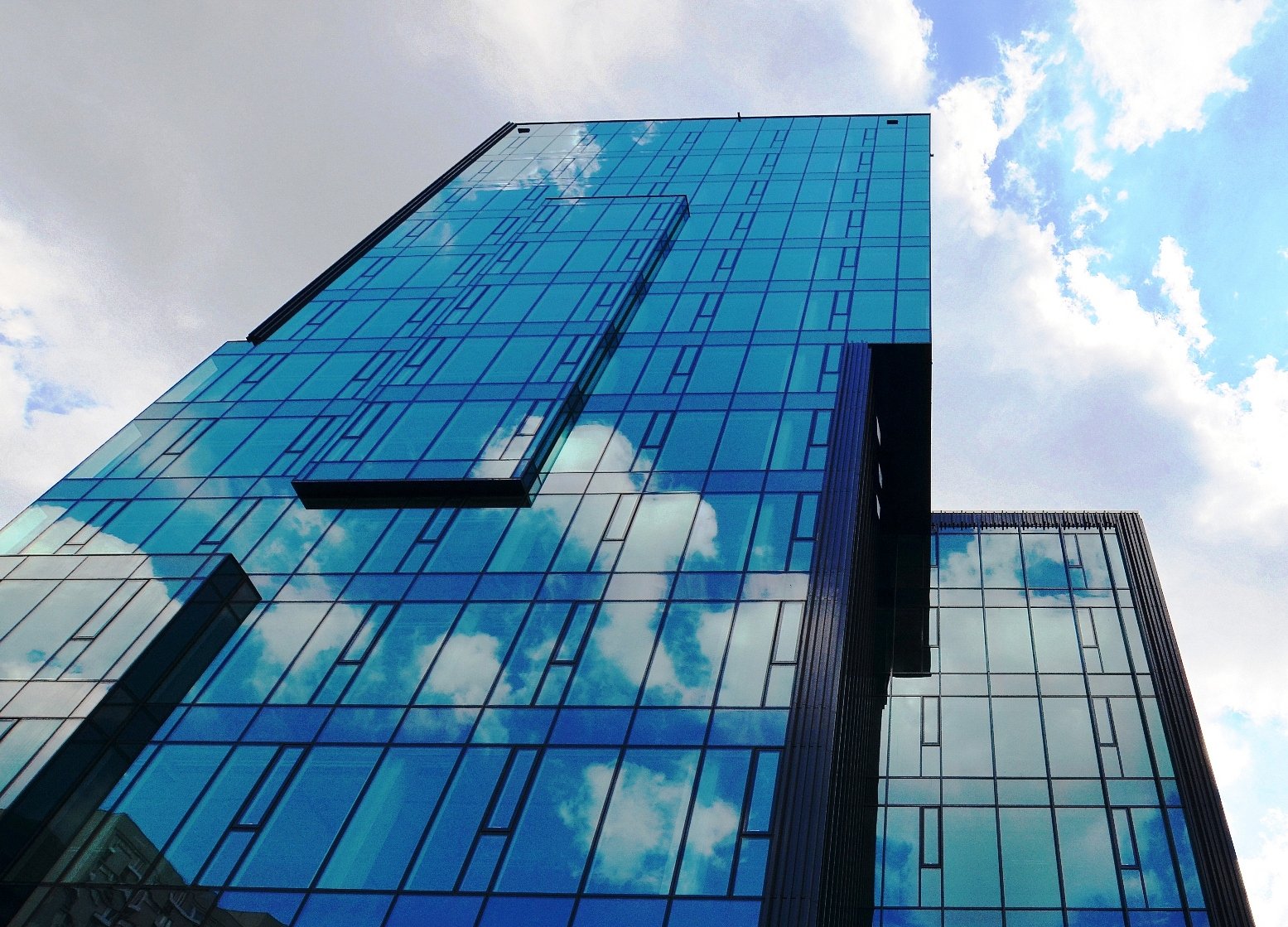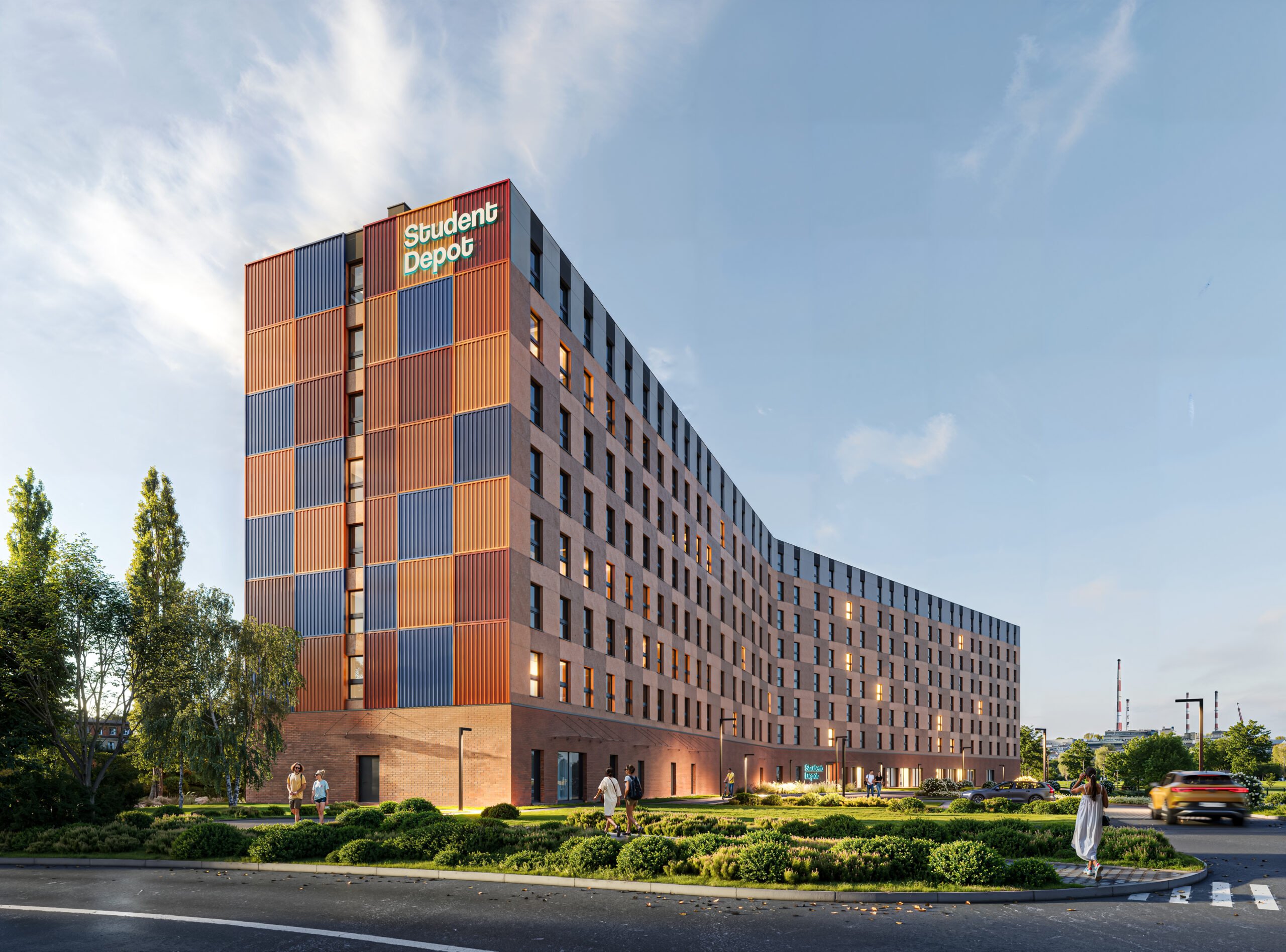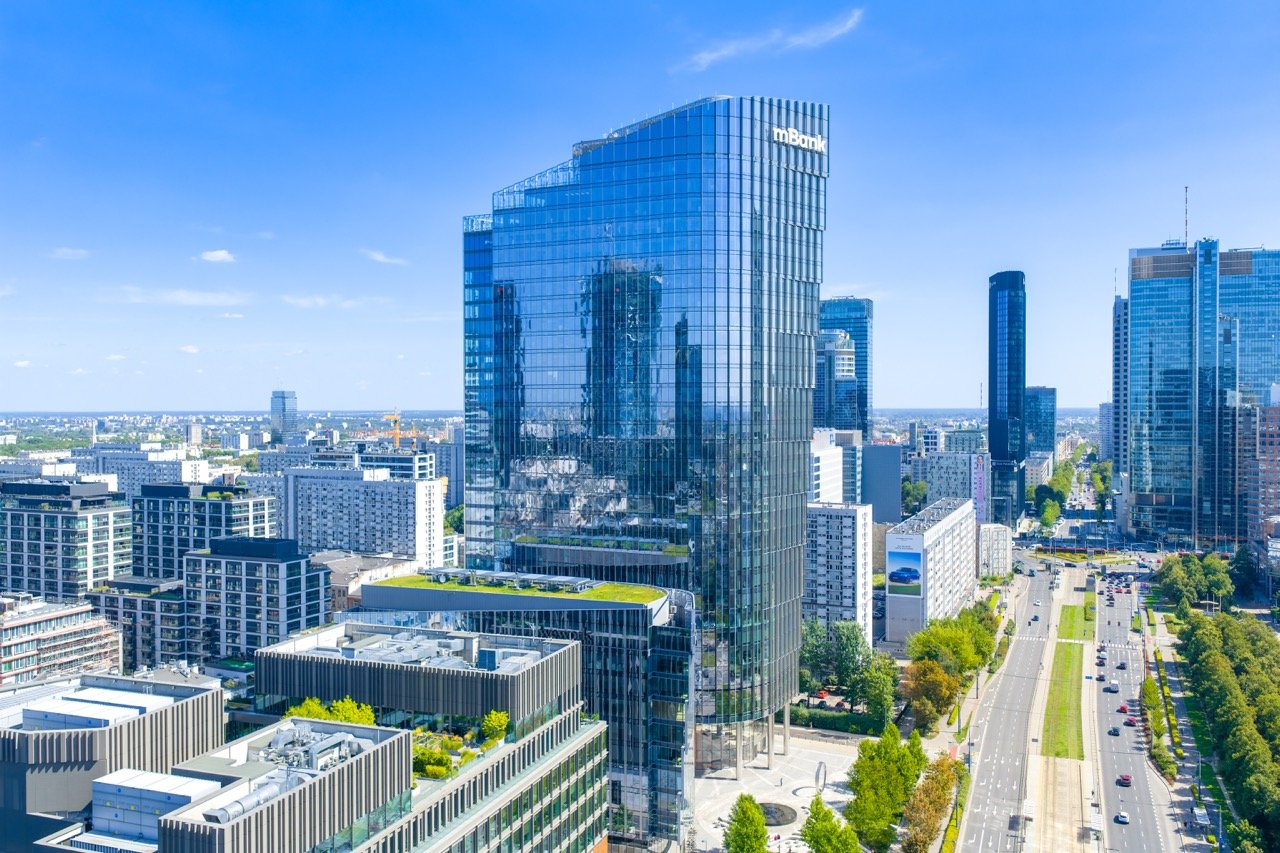In the third quarter of 2024, approximately €188 million was invested across the country’s main real estate sectors. While this is one of the lowest volumes in recent years, 100 percent of all buyers (investors) were from the Czech Republic. The total investment volume for the first three quarters of 2024 exceeded the €1 billion mark. In total, there were 34 transactions. Approximately half of the properties bought and sold so far in 2024 are located outside of Prague. This is according to a regular quarterly survey published by Colliers, a leading provider of diversified professional services in commercial real estate and investment management.
In terms of asset classes, the volume was fairly evenly split among retail properties (31 percent), industrial properties (30 percent) and residential properties (27 percent), with a smaller portion (12 percent) going to the small office segment. The third quarter’s likely most significant transaction involved REICO’s entry into the residential BTR (build-to-rent) sector when it acquired the G1 building in the Nový Opatov project through a forward purchase.
“In terms of capital origin, the third quarter results are clear. 100 percent of all buyers hailed from the Czech Republic. This continues the trend from previous quarters where international capital tends to wait and investment activity is driven mainly by domestic players,” adds Josef Stanko, Director of Market Research at Colliers.
Retail is growing, offices are waiting for new opportunities
The total investment volume for the first three quarters of 2024 exceeded the one billion euro mark and amounted to €1.03 billion spread across 34 transactions. Approximately half of the properties purchased and sold so far in 2024 are located outside Prague. “This shows, among other things, that opportunities are to be found throughout the Czech Republic and that domestic investors are becoming increasingly familiar and comfortable with locations outside the capital,” comments Josef Stanko.
While investment in residential BTR projects has attracted a steady flow of capital and the retail sector has experienced something of an upturn recently, the office market is still struggling to attract investor interest. This has been the case since the end of the Covid pandemic. With three quarters of 2024 now behind us, only €235 million have been invested in offices this year: roughly half the average for the same period over the past three years. However, the outlook for the office sector could improve by the end of the year as several office properties are currently subject to intense negotiations.
Prime yield stable, transactions mainly in the “Core+” and “Value-Add” areas
“As far as benchmark prime yields on the Czech investment scene are concerned, we believe that recent transactions do not warrant a further reduction in yields. We continue to maintain the same view of prime real estate yields as we reported in the first and second quarters, ” says Josef Stanko, adding that prime office property yields are therefore 5.50 percent, while prime industrial property yields are 5.25 percent. In the case of prime retail property, it depends on the specifics of the submarket. For high street properties, the yields stand at 4.50 percent, for shopping centres at 6.00 percent, and for prime retail parks at 6.25 percent.
Although prices in most Western and Central European markets seem to have bottomed out, this is not yet the case for the Czech market. However, the gap between supply and sale price is narrowing, which should help transaction activity in the last quarter of 2024. Another important factor is the future cost of debt financing. The recent ECB interest rate cut to 3.25 percent could put some transactions on hold as buyers may speculate on a possible improvement in their money-borrowing terms.
Better times are coming
Economic and geopolitical problems persist to some extent and many events are affecting the real estate market and investor confidence; not least of those being the recent US presidential elections. “However, the Czech market is benefiting from a strong base of domestic investors and the market remains active; particularly for lower denomination transactions. We expect total annual investment volume to be around €1.5 billion, ” says Josef Stanko.







